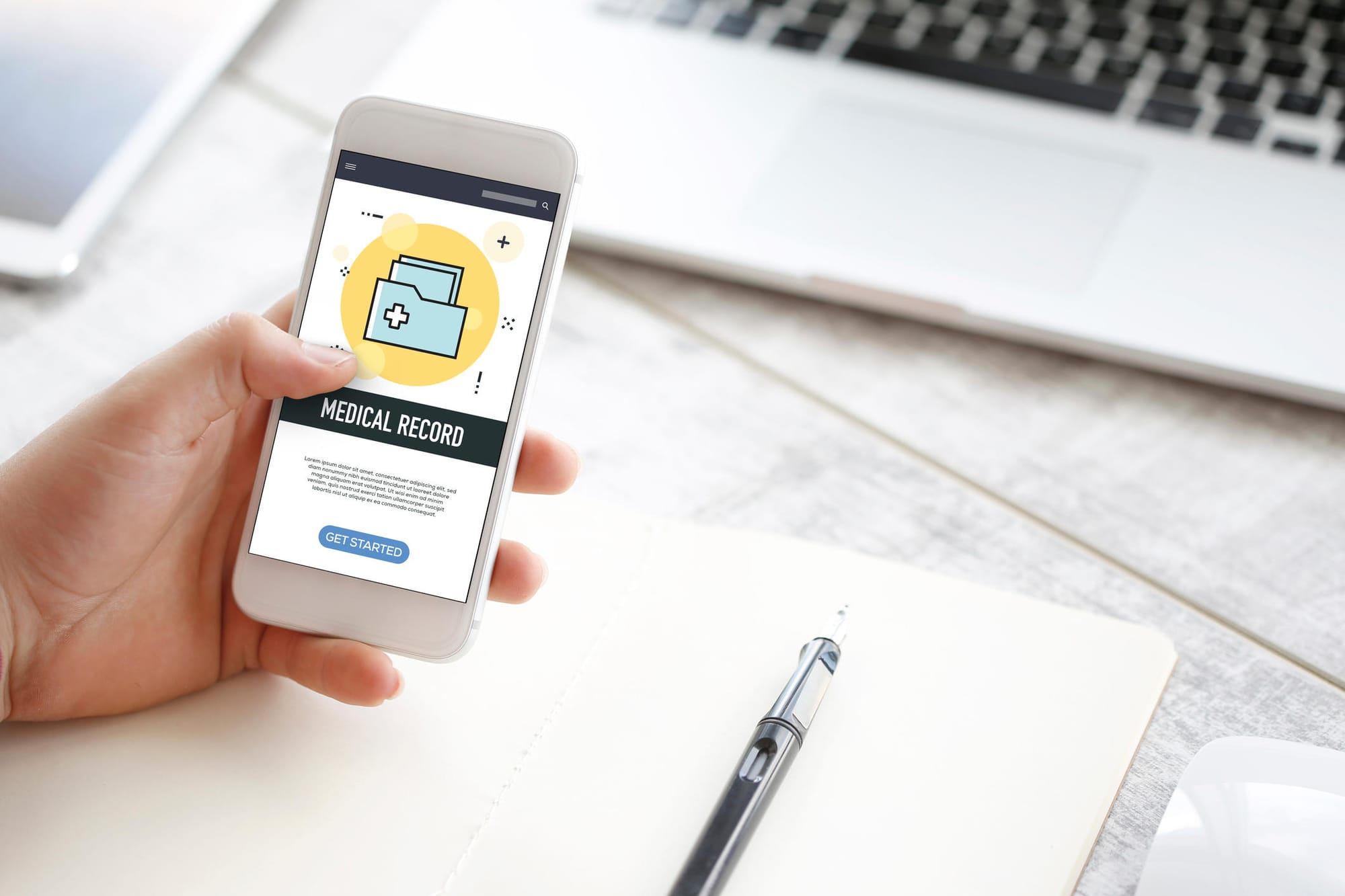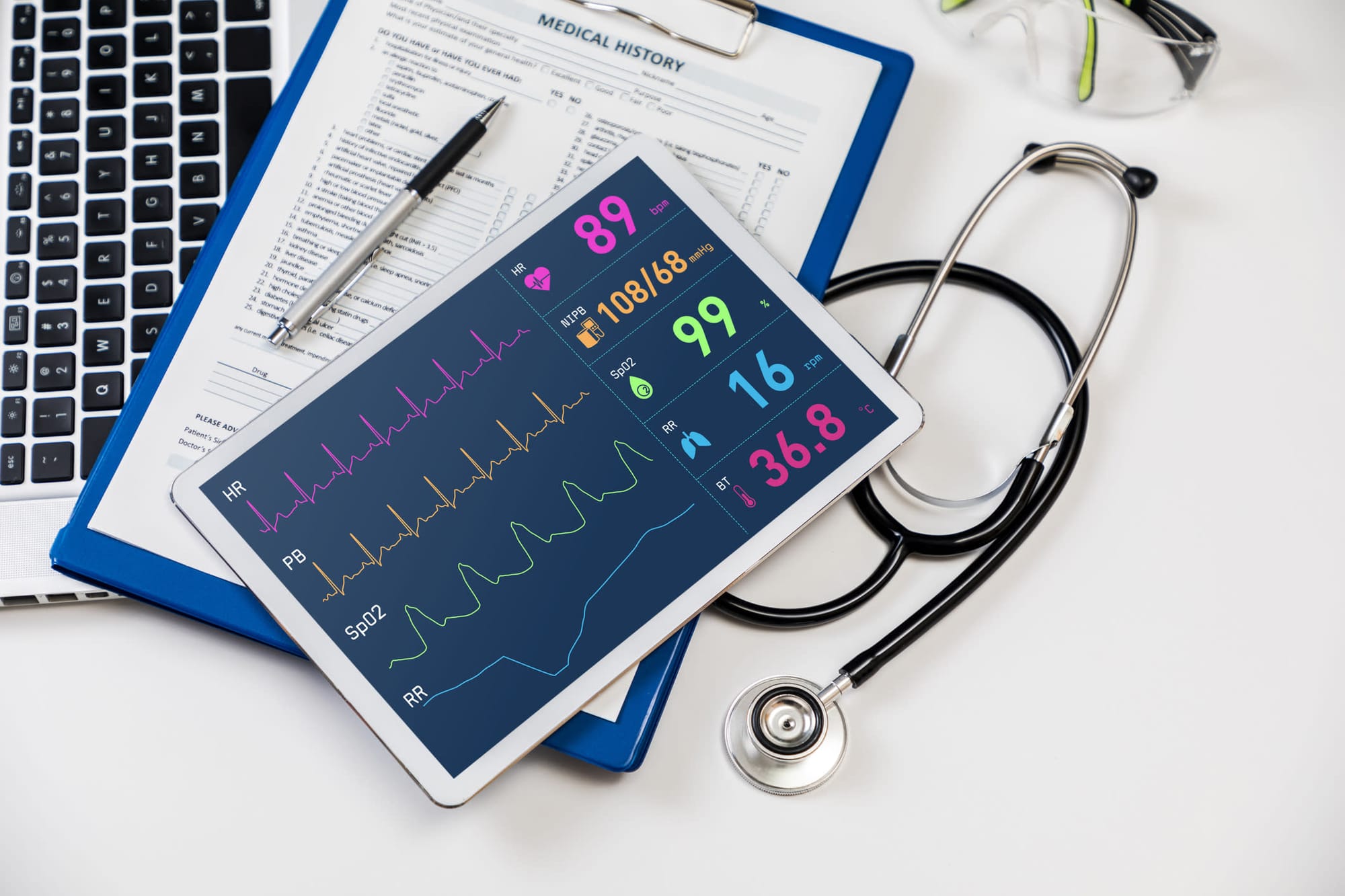
In 2017, Victorian resident Mettaloka Halwala died after his cancer test results that showed signs of fatal lung toxicity were faxed to the wrong number. The Victorian coroner ruled his death could have been prevented had he not been let down by a systemic failure of healthcare management.
Considering this tragedy, it’s important to think about the status quo when deciding to opt-out of the My Health Records (MHR) system, and the status quo is poor.
As you read this, reams of healthcare data is being sent between health professionals in the mail, via fax, through conversations on the phone or in person, via SMS or MMS, through WhatsApp and similar systems, and in small pockets of secure messaging.
When you think about this, it’s no wonder that health information goes missing. There are numerous examples of paper medical files being found in bins and inadequately disposed of, and examples of medical records found by complete strangers.
The MHR can go a long way towards eliminating this. It is the first nationally-funded health information sharing infrastructure that allows health professionals who look after us to access and share that information through a standard mechanism.
It is potentially an excellent outcome for an industry that has not been good at sharing health information with the people and places in need.
In fact, according to the Australian Medical Association president Dr Tony Bartone, Treasury estimates suggest savings of around $123 million by 2020-21 by eliminating avoidable duplicated pathology tests, diagnostic images and averted medical misadventures.
Privacy, security and your health
But the system has raised privacy and security concerns and prompted calls for a Senate inquiry.
It’s fair to say that, if MHR was rolled out entirely and experienced a substantial breach or data leak, it would be enough to bring down a government.
But at the core of the debate is the fact that if you don’t want to be part of it, then you can opt out. Australians have until November 15 to decide whether they want a MHR. If you don’t opt out, you will have a record automatically generated.
However, if we end up with only 25 per cent of the population signed up to it, then it is fair to say that the MHR would be seen as a failure and not an effective use of the taxpayer dollar.

The question is, how much weight do we give to these privacy and security concerns against the needs that the MHR system is attempting to address?
In considering this, it should be noted that you have high levels of control over who sees the information in your MHR, and an electronic audit trail is created – it puts you in charge of your healthcare.
The three peak bodies around health information in this country – Health Informatics Society Australia (HISA), Health Information Management Association of Australia (HIMAA) and the Australasian College of Health Informatics (ACHI) – all support the rollout.
A platform for better health
MHR can be the platform that accelerates digital health innovation in Australia – supporting chronic disease management.
If you're one of the 2.5 million Australians who are asthmatic, your MHR linked with a smartphone application could present information about your treatment and history. It could display pollen counts in your neighbourhood and where you work, and set reminders to update prescriptions.
Also, consider a severe scenario where a patient presents to an emergency department unconscious. The MHR could be the first port of call to find information about the patient’s medical history that emergency specialists could use. If vital health information isn’t in front of emergency specialists in those first critical moments, it could mean the difference between life and death.

For the first time in Australia, we could have a fully integrated health information system that delivers significant improvements in both the quality and efficiency of healthcare. For example, a discharge summary at the end of hospital admission can be accessible to your GP via MHR within minutes.
In my 27 years’ experience, including in the management of large health information systems across the healthcare industry, the most common complaint about health information that I have heard from doctors, nurses and other healthcare professionals has been, “I can’t get what I need” or “I can’t find what I need”.
Healthcare professionals need access to the right information at the right time to ensure patients receive the best possible care. The MHR and related technologies that leverage it could provide greater access to, and transparency of, patients' health information, resulting in improved outcomes and safer, faster and more efficient care.
Those who are opting for the MHR can trust that it is a step forward for healthcare management in Australia, with safer medicines management, better coordinated care and informed treatment decisions.
A fork in the healthcare road
I have a MHR and believe in the need for a solution such as this. We have reached a fork in the road for Australians and our healthcare system; however, any current and future patients will not be as fortunate if we choose the wrong path.





